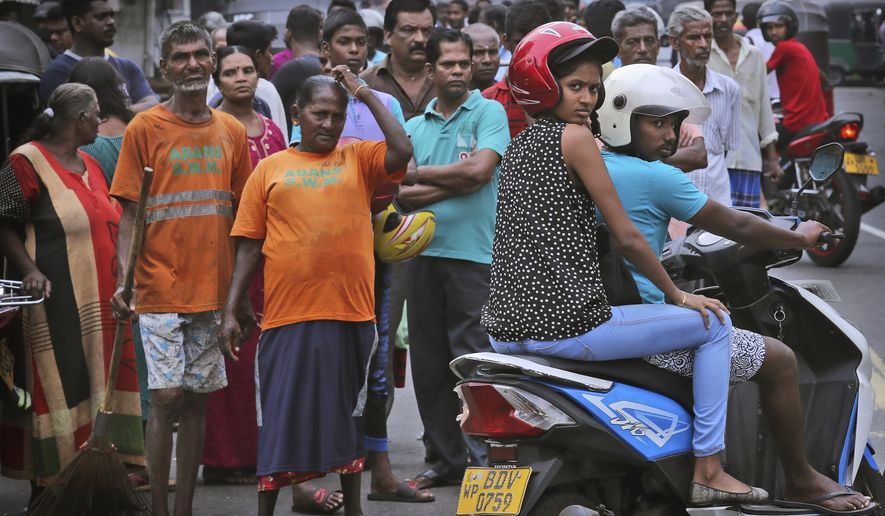In the wake of the Easter bombings, retaliation and violence against Sri Lanka’s Muslim community continues to be a major concern. It’s important to keep in mind this wave of anti-Muslim action isn’t just about the Easter attacks; long-standing grievances and past hatreds are also contributing to this discriminatory behavior.
Particularly during these difficult times, government officials should be doing what they can to promote social harmony and reduce ethnic and religious tensions. They should be reaching out to Muslims. Colombo should consistently acknowledge that Sri Lanka’s Muslim community is a big part of the solution. Curtailing violent extremism and ensuring that the threat of Islamic terrorism doesn’t grow will require nothing less. Yet that’s clearly not happening.
A report published last month by Human Rights Watch (HRW) does a good job of documenting the range of violent actions committed against Muslims. This includes arbitrary arrests, mob attacks, discrimination and human rights violations pertaining to religious freedom. The assault of the Muslim community has been pervasive and systematic. Even worse, it has the support of the Sinhala-dominated state.
“Government leaders, instead of fulfilling their duty to protect Muslim citizens, have at times appeared to associate themselves with Buddhist nationalist elements,” says HRW. “Many stood by when nine Muslim cabinet and junior ministers felt compelled to resign after the opposition accused them of supporting Islamist militants.”
It’s no secret that government actors have been involved in violence against Muslims over the past few months; sadly, state violence against ethnic and religious minorities is the historical norm in Sri Lanka. And, generally speaking, violent actors need not worry about facing any consequences for their actions because widespread impunity is a historical norm as well.

No comments:
Post a Comment